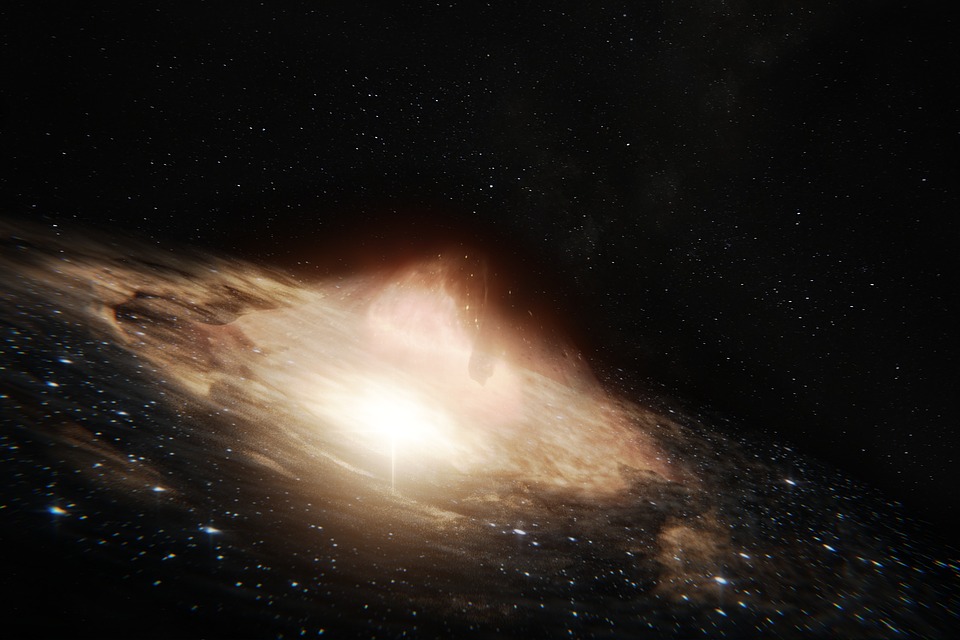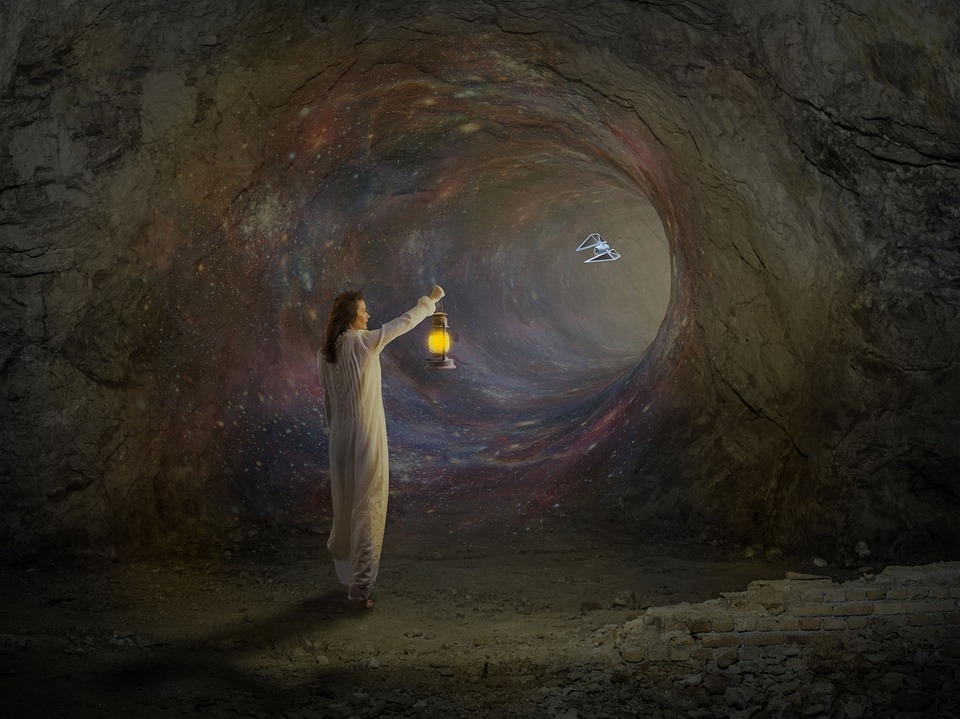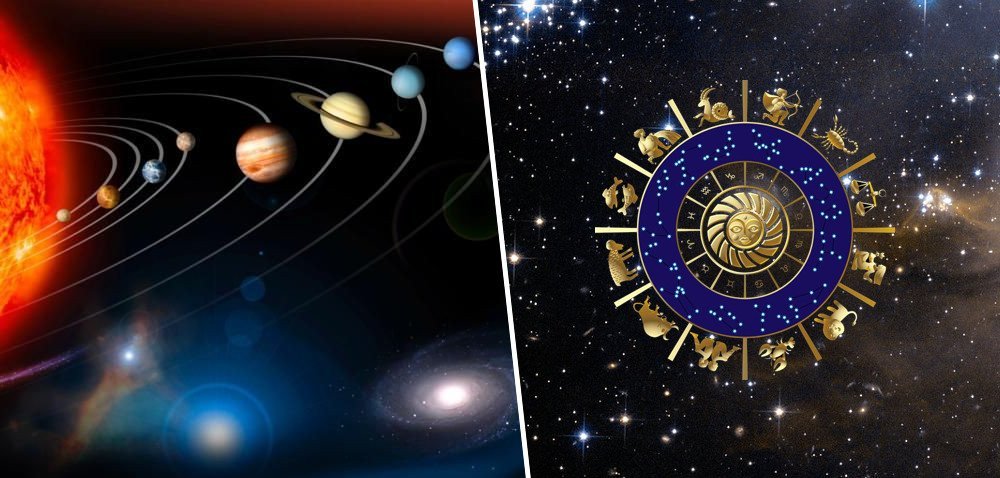
Astronomy vs. Astrology – What’s the Difference?
Many people continue to confuse the terms astronomy and astrology. Although they were initially the same, more than seven centuries ago, astronomy and astrology parted ways. The difference is so significant that they will most likely be offended if you call an astronomer an astrologer by mistake. That’s right. Everything that happens outside our planet has always surprised us. Since the dawn of humanity, we have looked up at the sky and wondered why we see what we see. Our history would not be the same if we did not look at the stars. But we haven’t always seen it the same way. Because of our lack of scientific knowledge, we initially associated the celestial objects we saw with myths and legends.
In the 17th century, thanks to Galileo Galilei, astronomy emerged – a science that answers questions about the universe using the scientific method. Although it is one of the most popular sciences today, a serious problem needs to be addressed: confusion with astrology. Their similar spelling causes the two concepts to be confused, even though they couldn’t be more different. Therefore, in addition to a unique understanding of astronomy and astrology, today’s article will also outline the key differences between science and what are considered pseudoscientific beliefs. Let’s cut to the chase.
Main Difference
The terms Astronomy and Astrology are often confused due to the similarity between their names as they are both strongly associated with stars and planets. However, both disciplines differ from each other. The main difference between Astronomy and Astrology is that Astronomy is a science that deals with the study of everything outside the Earth’s atmosphere, such as stars, asteroids, planets, galaxies, etc… In contrast, Astrology is the study of the positioning of stars and planets with the belief that events occur on Earth.
Astronomy

Astronomy is considered a natural science responsible for studying the physical and chemical properties of celestial bodies and how they evolve. It is the science that studies the universe by analyzing the positions, movements, structures, and evolution of stars. For this, the scientific method based on the information received fundamentally in the form of electromagnetic radiation or particles (visible light, infrared, radio waves, X-rays, etc.) is used. It is also concerned with analyzing the phenomena outside the Earth’s atmosphere, including supernovae, meteors, cosmic radiation, and how stars die. It is one of the oldest sciences, dating back to Babylonian times, and it was also known in other civilizations such as the Mayans, Iranians, and the Chinese. Astronomy encompasses two main branches: classical astronomy and astrophysics. Classical astronomy is focused on studying the positions and movements of the stars (celestial mechanics). At the same time, astrophysics is dedicated to investigating the origin and evolution of the stars. Today, modern astronomy focuses mainly on this last branch, so the terms astronomy and astrophysics are often used indifferently.
Astrology
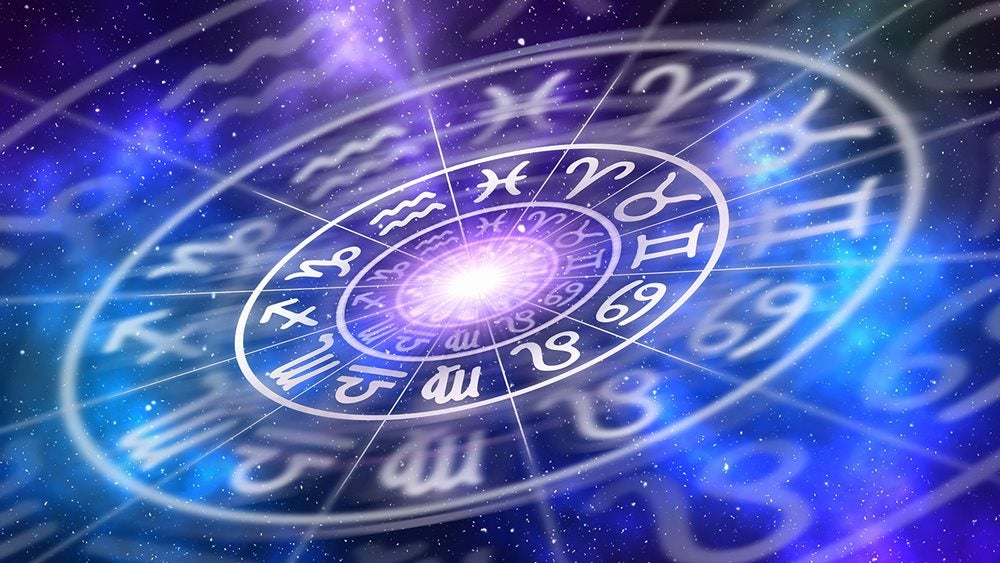
On the other hand, astrology is instead a set of beliefs about the influence of celestial bodies on humans and the possibility of predicting future events. It is based on the faith that the movement of the heavenly bodies is linked to the zodiacal constellations in the sky, which will determine the future of humanity. It is a pseudoscientific discipline that tries to predict the events of human life based on the stars and their position in the sky. Therefore, astrology is based on a series of beliefs that establish a relationship between human beings and the positions of the stars in the sky. So, astrologers are not scientists; they are fortune-tellers. Astrology, therefore, is not a science and is limited to considering only astronomical events in our solar system and the influence they exert on men.
During many centuries, Astronomy achieved other astronomical discoveries, such as the heliocentric system, the invention of the telescope, and astronomical calculations, among others. In this sense, Astronomy is a science, while Astrology is a pseudoscientific belief. The study methodology is also different. Astronomy is based on logic and deduction, from what can be seen. On the other hand, Astrology incorporates intuition and comparison between the stars and human beings in the study.
You May Also Like

What Are the 3 Types of Influenza
2022-03-05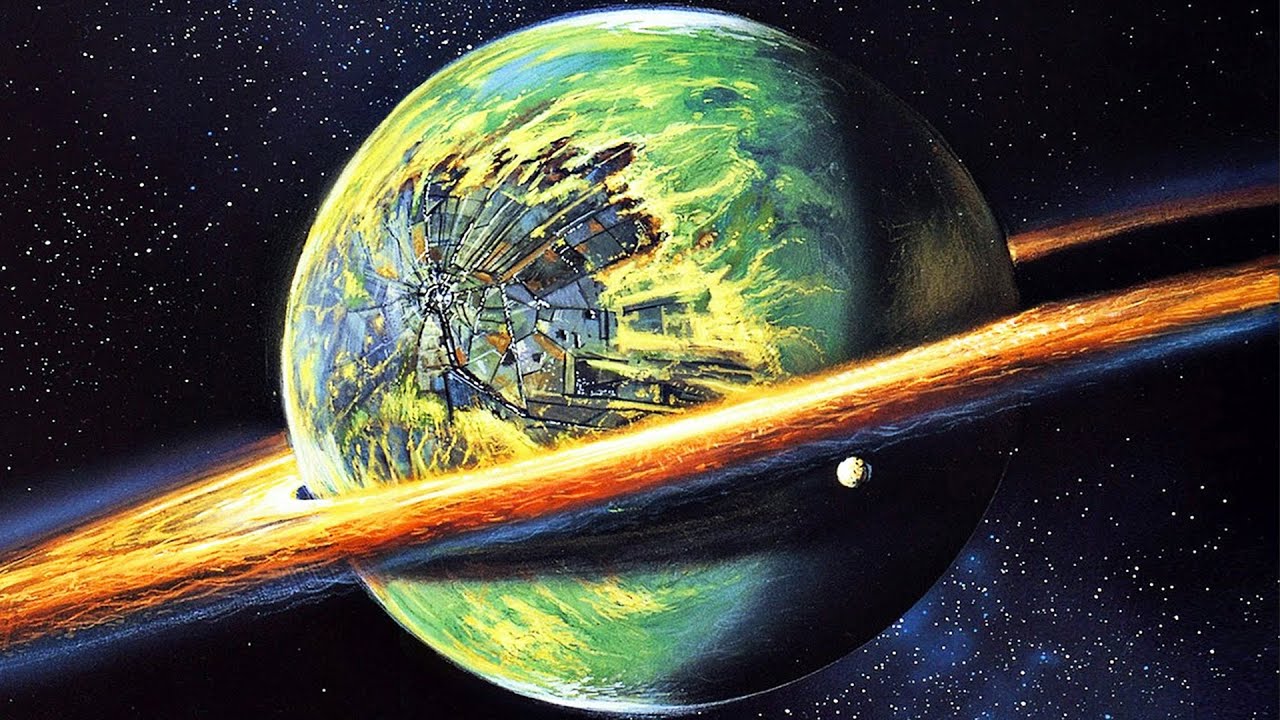
The Strangest Planets In The Universe (Part 1)
2021-07-20

